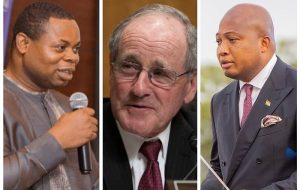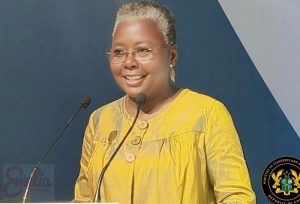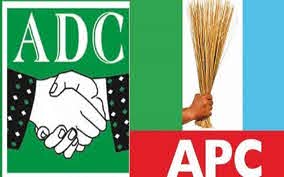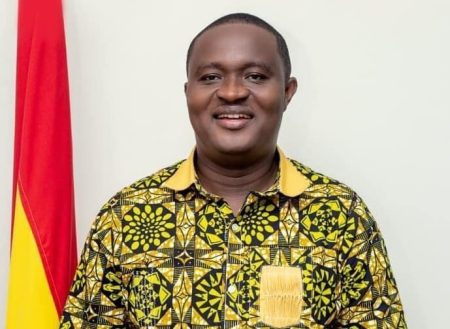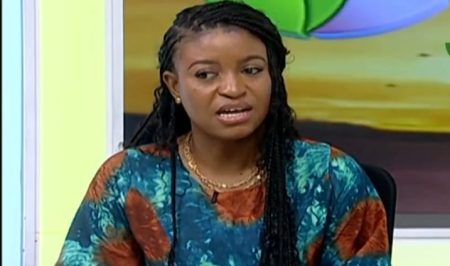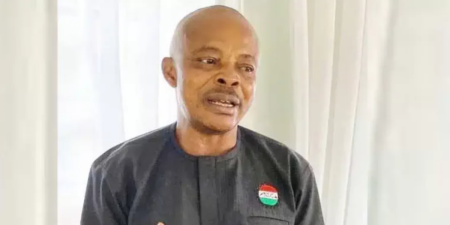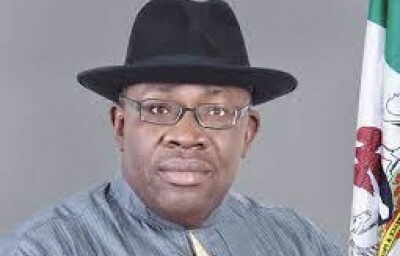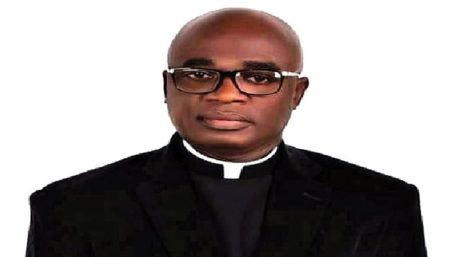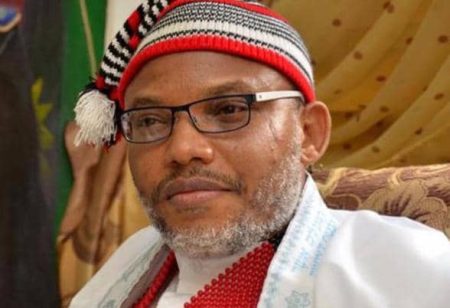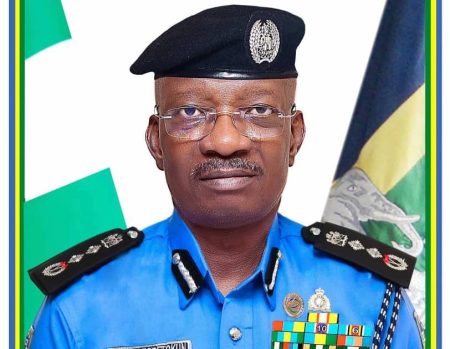The political landscape in Nigeria is bracing for a significant shift as the 2027 presidential election approaches. Dr. Peter Okeh, a prominent figure within the African Democratic Congress (ADC), predicts a stark dichotomy in the upcoming contest, framing it not as a traditional party-against-party battle, but rather as a struggle between the ruling All Progressives Congress (APC) and the collective will of Nigerian citizens across all strata of society. This perspective underscores the growing discontent and disillusionment with the current administration, fueled by pervasive hardship, economic instability, and perceived government failures. The emergence of a coalition movement, drawing support from diverse segments of the population, signals a potential realignment of political forces, driven by a shared desire for change and a yearning for effective governance.
Dr. Okeh’s assessment highlights the significant momentum gained by this coalition, attributing its burgeoning popularity to the widespread suffering endured by Nigerians under the APC’s leadership. The coalition, he contends, represents a beacon of hope amidst the prevailing climate of poverty, hunger, corruption, and insecurity. It embodies a collective effort to reclaim the democratic process and steer the nation towards a more prosperous and equitable future. The prevailing sentiment suggests that the 2027 election will not be a mere political exercise but a referendum on the APC’s performance and a decisive moment for the Nigerian people to express their will for change.
Dr. Okeh expresses unwavering confidence in the coalition’s ability to unseat the incumbent APC government. He believes that the upcoming election will be unlike any other, characterized by a united front of Nigerians, both within the country and in the diaspora, against the perceived failures of the current administration. He emphasizes the importance of safeguarding the electoral process, ensuring that the votes of the people are protected and that any attempts at manipulation or rigging are thwarted. This determination reflects a growing awareness of the power of the electorate and a resolve to prevent a repeat of past electoral irregularities.
Looking ahead to the 2027 contest, Dr. Okeh proposes a strategic move aimed at maximizing the coalition’s chances of success. He suggests that Peter Obi, the former governor of Anambra State and the Labour Party’s presidential candidate in the 2023 election, should be considered as the ADC’s presidential flagbearer. This proposition stems from Obi’s perceived broad acceptability and his established grassroots following, known as the “Obidient Movement.” Dr. Okeh believes that Obi’s previous experience, coupled with the lessons learned from the 2023 election, positions him as a strong contender capable of galvanizing support and leading the coalition to victory.
Dr. Okeh’s endorsement of Peter Obi is further bolstered by several key factors. He points to Obi’s extensive outreach efforts across the country, his deepened understanding of the political landscape, and the growing disillusionment with the current government, which has united a significant portion of the population against the APC. Furthermore, Dr. Okeh raises the issue of regional balance and the established norm of alternating presidential power between the northern and southern parts of the country. He suggests that denying the southern region a full eight-year tenure could create political instability and exacerbate existing tensions. This argument resonates with the principle of fairness and equitable representation in a diverse nation.
The convergence of these factors – the widespread hardship, the emergence of a powerful coalition, the call for electoral integrity, and the strategic consideration of Peter Obi as a potential presidential candidate – paints a complex and dynamic picture of the Nigerian political landscape as it prepares for the 2027 elections. Dr. Okeh’s analysis offers a glimpse into the evolving political dynamics and the potential for a significant shift in power. The upcoming election promises to be a crucial test of Nigeria’s democratic resilience, with far-reaching consequences for the nation’s future trajectory.


